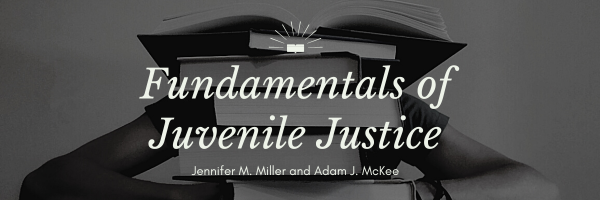Reading Assignment for Section 6.3
Read the following subsection from our online textbook:
What You Will Learn
This section discusses common mental health disorders affecting juvenile offenders, including substance abuse, conduct disorders, and trauma-related conditions. You will learn about the challenges in identifying these mental health needs and the various models for delivering mental health services. The section also explores the importance of collaboration among stakeholders and the positive outcomes of addressing mental health issues.
Student Learning Outcomes for Section 6.3
- SLO 1: Describe common mental health disorders among juvenile offenders, including substance abuse, conduct disorders, mood disorders, and trauma-related conditions.
- SLO 2: Discuss challenges in identifying mental health needs, including limited resources, stigma, symptom minimization, and the overlap between delinquent behavior and mental health issues.
- SLO 3: Explain the types of mental health services needed, including screening, therapy, medication management, crisis intervention, and trauma-informed care, and their delivery models.
- SLO 4: Discuss the importance of collaboration among stakeholders, including justice staff, mental health professionals, families, and community organizations, for comprehensive care.
- SLO 5: Evaluate the outcomes of addressing mental health needs, including reduced recidivism, improved behavioral and emotional regulation, enhanced engagement in education and vocational programs, and successful reintegration.
Modification History File Created: 04/26/2024 Last Modified: 11/20/2024
[ Text Section | Back | Contents | Next ]
You are welcome to print a copy of pages from this Open Educational Resource (OER) book for your personal use. Please note that mass distribution, commercial use, or the creation of altered versions of the content for distribution are strictly prohibited. This permission is intended to support your individual learning needs while maintaining the integrity of the material.
This work is licensed under an Open Educational Resource-Quality Master Source (OER-QMS) License.
